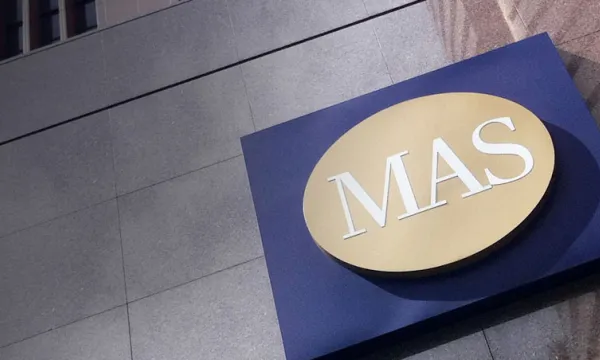
Singapore banks urged to use capital buffers
The regulator has eased funding requirements to allow for more losses.
Funding requirements for the Singaporean banking sector are likely to be relaxed as the central bank urged the use of capital buffers to bolster lending, according to a Jefferies report.
The Monetary Authority of Singapore (MAS) will allow full recognition of regulatory loss allowance reserves (RLAR) as Tier 2 capital and has further eased regulatory funding requirements, such as the amount of stable funding that lenders must sustain for loans to non-financial institutions maturing in less than six months.
Unlike other jurisdictions, the report noted that MAS tried to balance the interests of borrowers, lenders and capital providers towards distributions and relied on banks to do credit due diligence.
“Our view of steady dividend appears to be on soft ground, but we take comfort from the fact that MAS has stopped short of mandating a dividend cut, and with FRS-109 not being implemented in formulaic fashion an earnings decline may be a lot less severe than anticipated,” it added.
However, it is unclear whether the RLAR adjustment will meaningfully add to the lending capacities of banks as eligible provisions are already low or close to regulatory caps, the report explained. The relaxing of the net stable funding ratio (NSFR) will reduce the need for stable funds for major banks UOB, OCBC and DBS, showing that they can endure outflow of funds without stopping lending.
MAS also guided banks to consider different budgetary measures to counteract the uncertain macroeconomic outlook and gauge borrowers’ capacity to repay in full based on revised loan terms and long-term credit worthiness, the report said.
The regulator clarified that the total debt servicing ratio (TDSR) will not apply to borrowers who chose to defer mortgage payments and LTV limits are not applicable for refinancing of owner-occupied properties, the report concluded
Read more: Singapore monetary board relaxes regulations for COVID-hit banks






![Lorem Ipsum [ABF 1]](https://cmg-qa.s3.ap-southeast-1.amazonaws.com/s3fs-public/styles/exclusive_featured_article/public/2025-03/a_hand_pointing_to_a_futuristic_technology_5b87c9d0e3_1.png.webp?itok=2w0y1WhS)


![Cross Domain [Manu + SBR + ABF + ABR + FMCG + HBR + ]](https://cmg-qa.s3.ap-southeast-1.amazonaws.com/s3fs-public/styles/exclusive_featured_article/public/2025-01/earth-3537401_1920_4.jpg.webp?itok=WaRpTJwE)








 Advertise
Advertise

